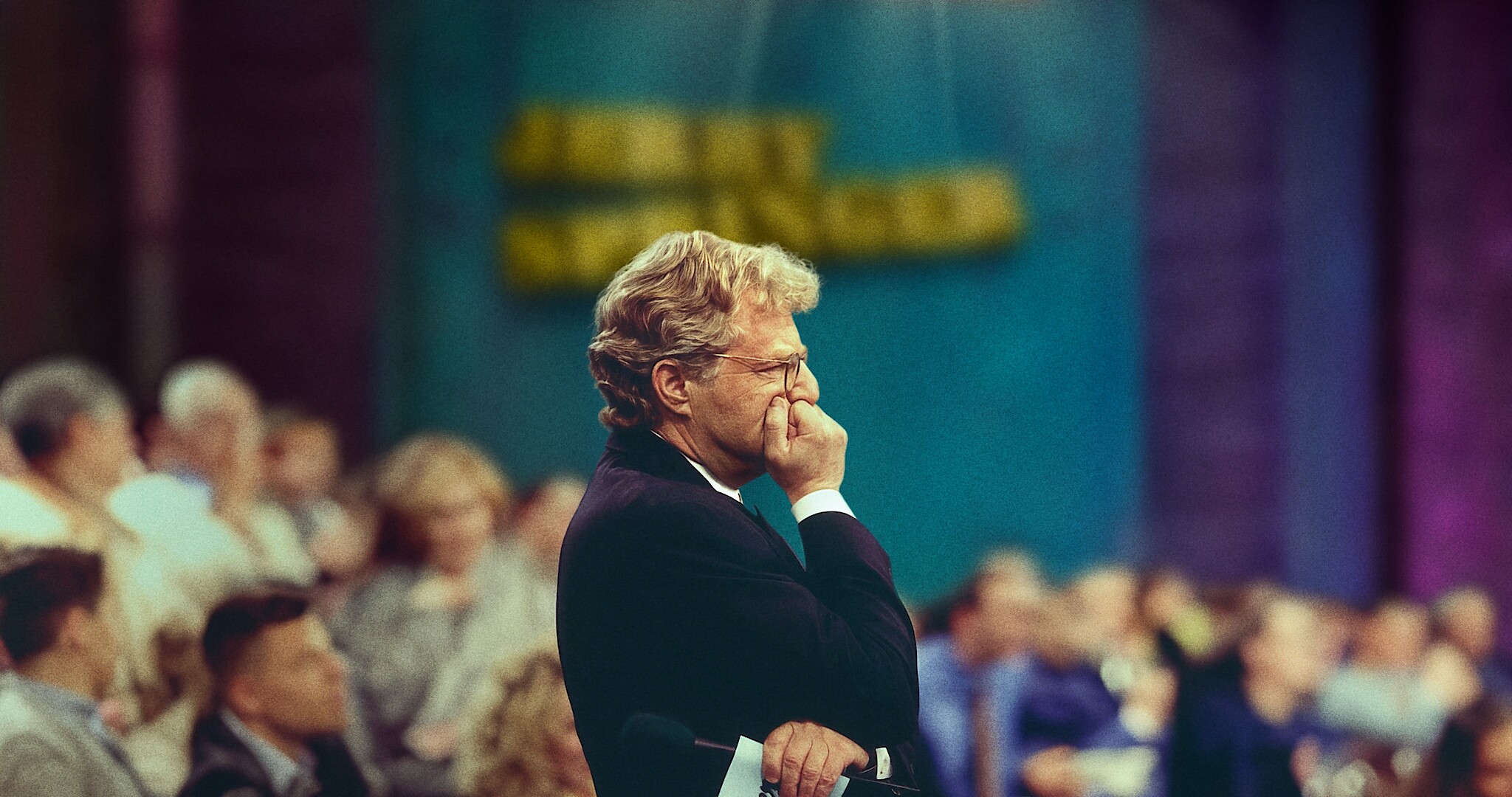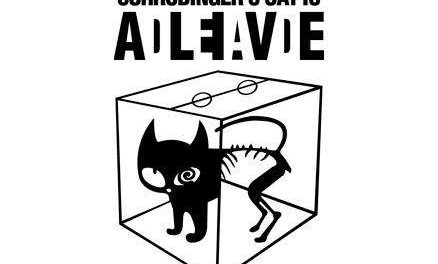
Roughly a decade ago, Netflix’s then–Chief Content Officer Ted Sarandos made a pessimistic remark about the future of reality TV on the platform at an investors’ conference, calling the genre “disposable,” and something that Netflix is not really invested in making. At the time, this view reflected perhaps a broader perception: while reality TV was profitable on cable and network television, it lacked the prestige and longevity suited to subscription-based streaming models. Yet the situation has changed dramatically. By 2021, Bloomberg reported that Netflix had become the world’s largest buyer of unscripted programming, with competitors such as HBO Max and Amazon Prime close behind. From dating shows and cooking competitions to self-improvement formats and real-estate adventures, reality TV now constitutes a staple of the streaming landscape.
Additionally, streaming platforms (including those belonging to public service broadcasters) are also turning their gaze inward, producing content that scrutinizes the production cultures and legacies of reality TV. Rather than merely revisiting the past, these works interrogate the very mechanics of reality-based entertainment, including its ethical boundaries, production strategies, and real-world consequences. Some of these documentaries are nationally grounded, such as the six-part series Den Svenska Dokusåpan (SVT, 2022), exploring Swedish television’s distinctive relationship with reality formats. Others, like the four-part series Shiny Happy People: Duggar Family Secrets (Prime Video, 2023), target the controversial franchise 19 Kids and Counting (TLC, 2008-2015), revealing the unsettling intersections between celebrity culture, politics, and Christian fundamentalism.
Two recent Netflix documentaries, Jerry Springer: Fights, Camera, Action (2025) and Fit for TV: The Reality of The Biggest Loser (2025), exemplify this self-reflective trend and investigate the moral and industrial underpinnings of notorious talk-show and reality formats – The Jerry Springer Show (1991-2018) and The Biggest Loser (NBC, 2004-2016; USA Network, 2020). This wave of meta-reflective television is not surprising considering the long history of reflexivity in contemporary media (Stam, 1985; Caldwell, 2008). The dark sides of reality TV is not a hot take either as critical scholarship has revealed the absence of an ethics of care in reality TV productions (Mast, 2016; Thorbjørnsrud and Lånkan, 2022).
Several factors may explain why this wave of meta-reflective documentaries has emerged now. Existing literature informs us that reflexivity serves as a form of institutional distancing, allowing streaming platforms to acknowledge and critique earlier exploitative practices while positioning themselves as more ethically aware (Duffy, Liss-Mariño and Sender, 2011). It also flatters audiences, offering them a sense of moral and critical superiority (Duffy, Liss-Mariño and Sender, 2011; Giannini, 2024). At the same time, reflexivity can also be seen as an organization’s attempt to shape a ‘culture of accountability’ (Maras, 2023), in this case aligning with the platforms’ broader brand values of inclusion and diversity.
Interestingly, in the documentaries in question, media ethics is not discussed in terms of professional codes of conduct but through contextualized accounts of industrial logics and production strategies. For example, Fights, Camera, Action situates The Jerry Springer Show within the broader history of tabloid culture and late-20th-century media sensationalism. Interviews with former producers expose an industrial logic built on calculated provocation: participants were encouraged – through substances, manipulation, and emotional pressure – to deliver confrontation on cue, while staff faced job insecurity and relentless demands for spectacle. Similarly, Fit for TV documents how contestants endured extreme diets and exhausting workout programs, while being subjected to camera work designed to ridicule. The trainers acted as unqualified therapists, the producers consistently prioritized drama over safety, and aftercare was evaluated as falling outside the responsibilities of the show or the network.
So what exactly is the point that Netflix is trying to make with these ethically sensitized documentaries and how is it making it? Situated close to – but not fully within – the expository mode, these documentaries seem to seek to inform and disclose through a ‘behind-the-scenes’ approach. There is no voice-over narration so instead of relying on an omniscient narrator, these productions weave together interviews with producers, critics and past participants, archival footage, and sequences that invite viewers to draw their own conclusions. What is more, Netflix adapts this mode to its own streaming aesthetic, employing emotional storytelling and editing techniques, such as cliffhangers. However, it also reproduces some of the problematic tropes of reality TV itself, namely the ‘villain edit’, targeting “ruthless” producers who prioritized ratings and profit at the expense of human dignity. Because of the techniques these documentaries employ, viewers are ultimately left to evaluate the presented evidence and form their own conclusions. They offer no closure, nor do they propose any specific pathways or commitments toward a more responsible reality TV culture.
By presenting themselves as reflective and aware, these documentaries can tell us something about how streaming platforms participate in an ongoing public debate regarding the moral economy of entertainment. Yet some crucial questions remain: How do they imagine the future of reality television? If exploitative practices like those seen in The Jerry Springer Show or The Biggest Loser are now deemed unacceptable, what ethical norms (should) guide today’s global reality formats and how are they safeguarded? When we consider reality television first and foremost as a workplace – with its labor conditions, consent practices, and aftercare responsibilities – what new forms of (self)regulation become possible? Additionally, how might we reconceptualize the shifting ethics of spectatorship, especially when it comes to how audiences interpret, justify, or challenge the pleasures of reality TV in the streaming era? Ultimately, how can we (collectively) foster a culture of critical, compassionate viewing?
Collective monitoring of the contemporary state of making reality TV sensitized to ethical questions is indeed a productive way forward. These are issues that are increasingly discussed on social media and reality TV-focused podcasts. Cultural journalism also plays a crucial role in monitoring global streaming content, much of which operates beyond the jurisdiction of national (self)regulatory bodies that typically address ethical transgressions. Scholars, too, remain vigilant toward the ethics of reality television, with recent research foregrounding the concept of care and advocating for improved welfare for participants – ReCARE TV is a good example of a research project that combines attention to production, policy, and participation through the lens of care practices in the cultural industries. The fact that streaming platforms – many of which actively produce and/or host reality-based entertainment – are now positioning themselves as critics of the genre is an intriguing (and welcome) contradiction. Yet this performative self-awareness should not distract us from the need for transparency around how contemporary production cultures actually negotiate and integrate more responsible practices.
Georgia Aitaki (PhD) is Senior Lecturer in Media and Communication Studies and member of the Centre for Geomedia Studies at Karlstad University, Sweden. Her current research focuses on representations of societal crises, mobilities, as well as on questions pertaining to ethics and compassion, in contemporary popular culture (incl. drama, reality TV, animation, and cultural journalism). Her work has appeared in journals such as International Journal of Communication, NECSUS, VIEW: Journal of European Television History & Culture, Media, Culture and Society, Social Semiotics, Screen, and in a number of international anthologies. She has previously served as managing editor of VIEW Journal of European Television History and Culture.
References
Caldwell, J. T. (2008). Production culture: Industrial reflexivity and critical practice in film and television. Duke University Press.
Duffy, B. E., Liss-Mariño, T., & Sender, K. (2011). Reflexivity in television depictions of media industries: Peeking behind the gilt curtain. Communication, Culture & Critique, 4(3), 296-313.
Giannini, E. (2024). Meta Television: A History of US Popular Television’s Self-awareness. Routledge.
Maras, S. (2023). Cultures of accountability: On the intersection of accountability, media and popular reality. Australian Journalism Review, 45(1), 51-71.
Mast, J. (2016). The dark side of ‘Reality TV’: Professional ethics and the treatment of ‘reality’-show participants. International Journal of Communication, 10, 2179–2200.
Stam, R. (1985). Reflexivity in film and literature: From Don Quixote to Jean-Luc Godard. Ann-Arbor, MI: UMI Research Press.
Thorbjørnsrud, K., & Lånkan, K. B. (2022). ‘Someone should have looked after us’: The boundary work of mental health disclosure on TV. Media, Culture & Society, 44(5), 935-950.
Acknowledgements
The reflections presented in this blog post are inspired by work conducted within the research project ‘Toward a (more) responsible media landscape: Ethical challenges and negotiations in Swedish journalism (2013-2023)’ (principal investigator: Georgia Aitaki; participating researcher: Vladimir Cotal San Martin), funded by Anne-Marie och Gustaf Anders Stiftelse för mediaforskning. Additionally, this blog post is reworked from a longer paper presented at the DIGISCREENS conference on Identity and Democratic Values in the Age of Streaming (Vilnius, 23-24 October 2025), titled ‘Ethical Negotiations in the Age of Streaming: Reality TV, Meta Television and Industrial Self-Reflection’. I am grateful to all conference participants for their comments.





